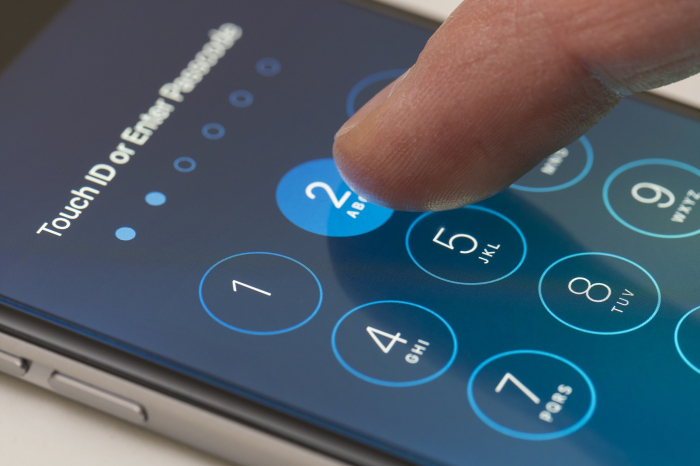Text message verifications and many authentication processes may be a thing of the past should Pentagon roll out its new technology. Pentagon’s Defense Information Systems Agency (DISA) is working on a technology that can help smartphones identify users based on the way their fingers move, the way they walk or the pressure of their hand on the screen, among others.
The behavior-based authentication method can change the way people interact with their smartphones and even protect them.
“Both DISA and TWOSENSE.AI believe that continuous authentication is the cornerstone of securing identity. Behavior-based authentication is invisible to the user; therefore, it can be used continuously without creating any extra work," Dr. Dawud Gordon, CEO of TWOSENSE.AI, said in a press release obtained by Nextgov. Gordon's company has been working with the Pentagon on a separate but also related project to the identification system.
More importantly, the Pentagon aims to provide access to consumers soon enough.
“Our goal from the very start was not to have something that was focused solely on the DoD,” said Steven Wallace, a systems innovation scientist at DISA.
Wallace confirmed to the Washington Post that the Pentagon has been working with smartphone developers and computer chip makers to make the technology accessible to consumers in 18 months. Wallace refused to identify the companies working with them. They also have yet to guarantee their full commitment to implement the identification system although they already expressed interest over it.
The adoption of the behavior-based authentication system is already in the works and is poised to have significant impacts on both the Pentagon and the general marketplace. Previously, the Defense Department and TWOSENSE.AI developed an algorithm that can help identify specific user characteristics that is useful in verifying log in times of defense employees into DOD networks, which can make access cards obsolete.
The Pentagon can also reduce costs of specialized devices if they implement the technology. Wallace added that cutting-edge identity verification could benefit the society similarly like the Internet or GPS although not on the same grand scale. The system can help reduce the market for stolen phones. Anyone but the owner may have difficulty accessing the smartphone, therefore, making stolen smartphones less valuable. The sensors used for the technology will be on the smartphone's hardware; consequently, it won't affect access to information.
International Busines Times
More about: Pentagon smartphone
















































